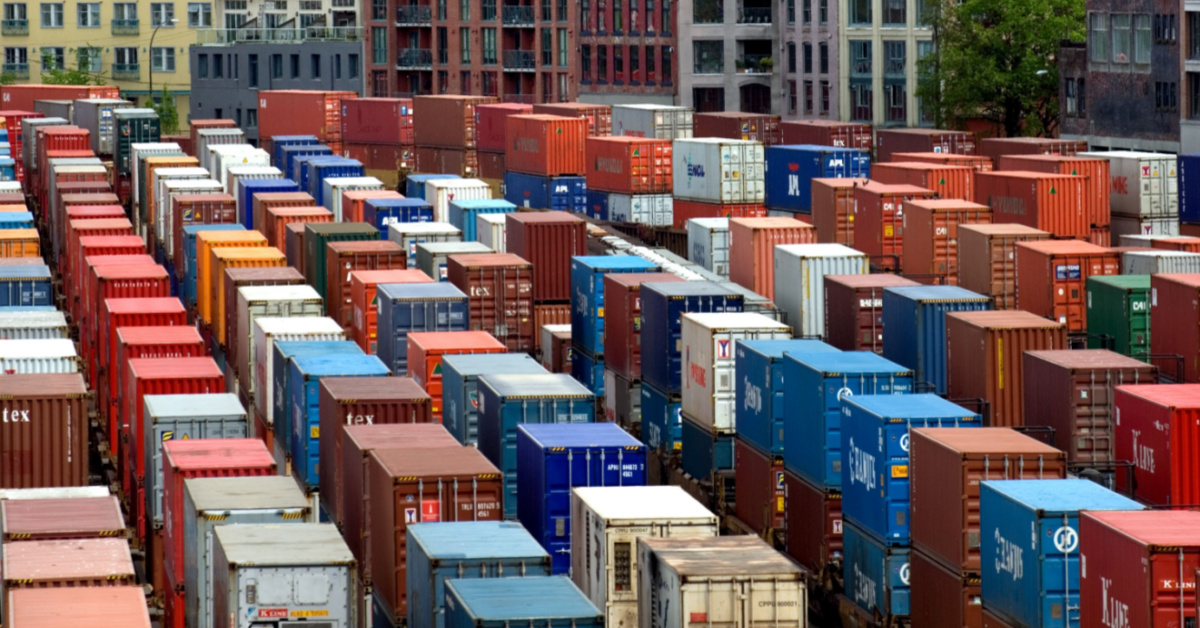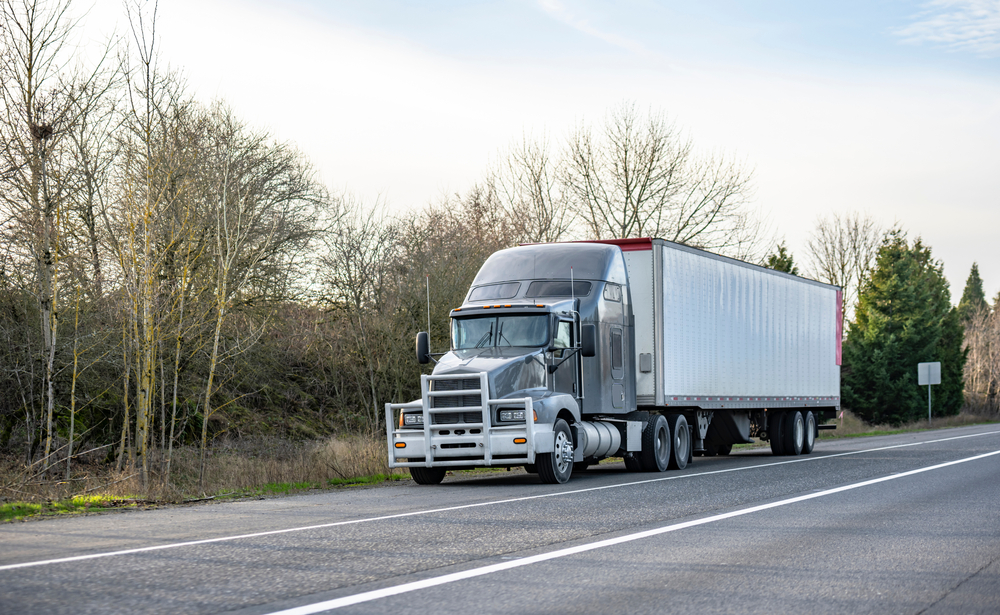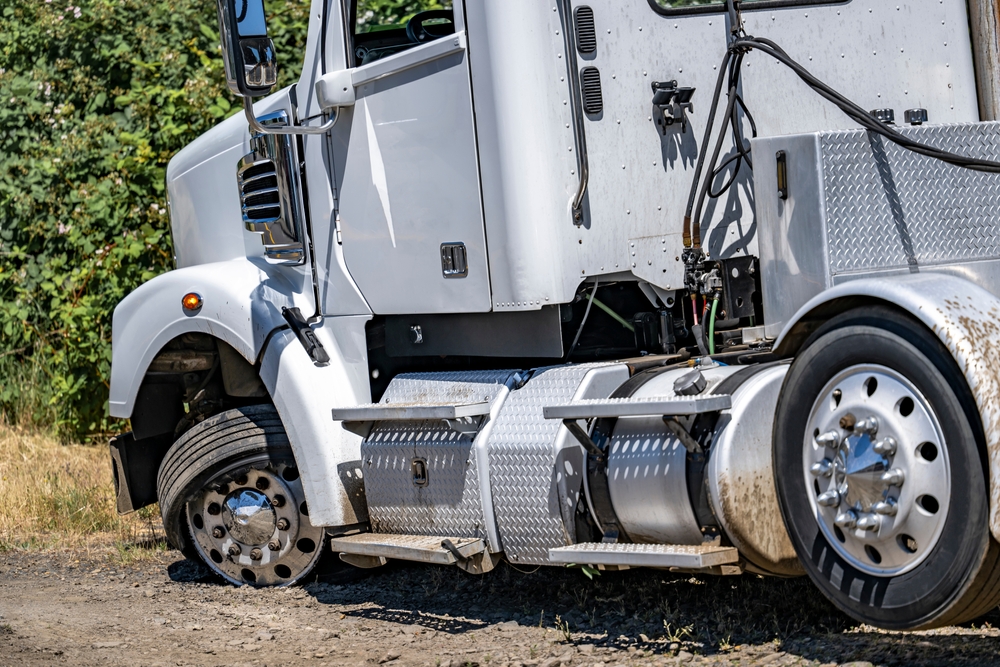
Vancouver Fraser Port Authority officials plan to postpone the Rolling Truck Age Program that bans Class 8 vehicles more than 12 years old until April 2023 after drivers indicated they would withdraw services. The program mirrors policies being implemented in California that sideline older rigs from pulling loads from North America’s busiest ports.
In early July, the United Truckers Association voted to take a job action against the Port of Vancouver after officials declined to stand down. Of the 1,000 truckers, 639 voted to stage a strike while none voted to stay on the job. Implementing the ban on older tractors would have reportedly put upwards of 360 CDL professionals out of work.
“Instead of providing time for compliance as is being claimed, the newer and more punitive standard of truck age is forcing (independent operators) into further cost and marketplace difficulty,” United Truckers Association spokesman Gagan Singh reportedly said.
The Rolling Truck Age measure was set to go into effect on Sept. 15 before the recent announcement. That date was already a compromise from the original February kick-off. Truckers argue that Class 8 vehicle shortages and spikes in pre-owned tractors have put owner-operators and small fleet owners in an untenable position. Port Authority officials appear less receptive to such reasoning.
“They are hearing concerns still from some of the constituents about the availability of replacement trucks. Quite frankly, we are completely in disagreement with that. We know because we follow the marketplace, and we know there are a lot of trucks that are available,” Greg Rogge, director of land operations and security at Vancouver Fraser Port Authority, reportedly said. “It means that, if they bought a 2014 truck now — which doesn’t make a lot of sense to me because you are still buying a nine-year-old truck with a 12-year limit in the Rolling Truck Age Program — a driver still has the opportunity to do that if they choose to until Jan. 1, 2023.”
Canadian officials have presented arguments that mirror California’s, estimating the emissions and particles emitted from Class 8 commercial vehicles. While diesel trucks do add to air pollution, similar mandates have not necessarily been as stringently imposed on passenger vehicles.
In all fairness to truckers, the men and women operating big rigs deliver more than 70 percent of food, medicine, and consumer goods while keeping the supply chains open. Although Canadian truckers working out of the Port of Vancouver will enjoy a reprieve until April 2023, officials appear determined to follow through on the Rolling Truck Age Program.
“We are in this for the long game, providing one last six-month delay for the last cohorts to get out there and replace their trucks. A lot of trucker operators have already invested. The BC Trucking Association is very supportive. The program is supported by municipal community groups, the Vancouver Park Board, and so on. It supports the federal government’s emission reduction strategy target of 40 percent below 2005 levels by 2030,” Rogge reportedly said.
Sources: vancouverisawesome.com, trucknews.com











Leave a Comment